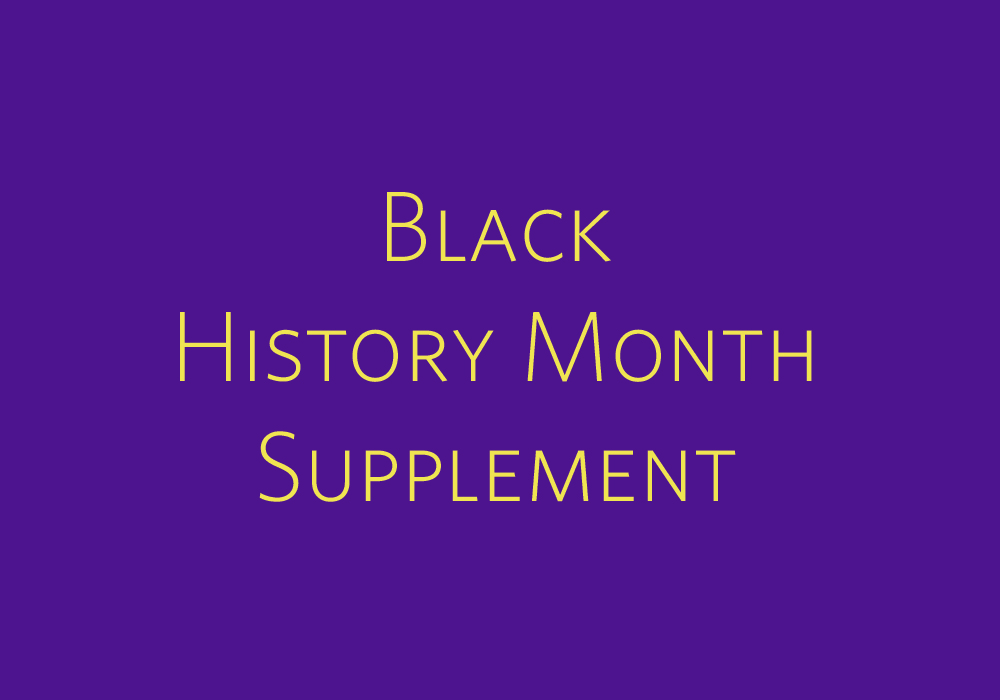Malaika Taylor
Contributor
The way we communicate with others determines how we are perceived and the connections that we make. In North America and other parts of the world, the common misconception is that there is one proper way to speak English, and that those who deviate from certain grammar are less educated.
However, the reality is that the English we speak today, in the 21st century, has evolved over time and has been influenced by a variety of social events and cultures around the world.
So, for the black Americans who communicate using “Black English,” otherwise known as, “African American Vernacular English,” there is a complex history and social standing behind it. It’s not what many people may stigmatize it to be: improper or “ghetto.”
When people of African descent think about their cultures as black Westerners, it’s important to remember that although they are descendants of Africa, there is a diverse history that has displaced many families to different parts of the world.
For blacks who live in the United States, transatlantic slavery has made it so that many do not know exactly which countries their families came from.
So, while some black people may have the privilege of being able to trace their roots and speak the languages that were passed down to them from their elders, others may only have English and the derivatives of it that exist within their communities.
Many linguists debate the origins of Black English. It is believed by some that transatlantic slavery made it necessary for Africans who already had their own native tongues to communicate in English, creating the mixture of two languages, otherwise known as pidgins.
Over time, these pidgins may have evolved into different forms of Black English, which continue to vary based on the age of the speaker, the region it’s being spoken in, and other factors.
Other dialects of English spoken by blacks such as Jamaican Patois, or Jamaican Creole, continue to be stigmatized and taken less seriously than the widely-accepted standard form of English.
However, it needs to be understood that these dialects are a rich part of black cultural expression. If we can accept and embrace other languages such as French and Spanish, shouldn’t we celebrate and admire the languages of the African diaspora as well?


